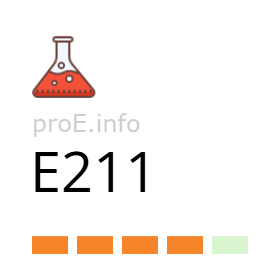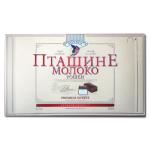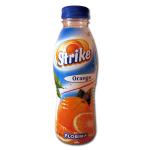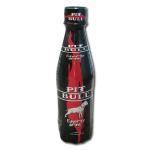
Other names for the additive (synonyms)
General Information
Sodium benzoate (food additive E211) is a compound of benzoic acid, which occurs naturally in low concentrations in foods such as prunes, cranberries, cinnamon, cloves, and apples.
Sodium benzoate itself does not occur naturally and is produced exclusively by synthetic means. Additive E211 is the product of a neutralization reaction between benzoic acid and sodium hydroxide. Due to its good water solubility, sodium benzoate as food additive E211 is used much more frequently than benzoic acid (additive E210), which has stronger preservative properties but low solubility.
Main characteristics of food additive E211:
- Taste – none
- Color – white
- Odor – none, or may have a slight smell of benzaldehyde
- Consistency – powdery substance
Chemical formula of sodium benzoate: NaC6H5CO2.
Food additive E211 suppresses the activity of enzymes in microbial cells responsible for breaking down fats and starches, as well as redox reactions. In addition, sodium benzoate can strongly inhibit yeast and mold growth, including aflatoxin-producing species. Thanks to these properties, additive E211 is used in the food industry as a preservative.
Effects on the Body
Risks of additive E211
Benzoic acid and its salts (including additive E211) are rapidly absorbed by the human body, bind with glycine to form hippuric acid, and are quickly excreted in the urine.
When reacting with ascorbic acid (additive E300), sodium benzoate may form benzene — a substance classified as a strong carcinogen. This reaction is accelerated by heat, light exposure, and prolonged storage.
Prolonged exposure to benzene may lead to a decrease in hemoglobin levels and may contribute to the development of leukemia.
According to research by British scientist Peter Piper, professor at the University of Sheffield, sodium benzoate may also cause severe DNA damage in mitochondria, which can lead to several serious diseases:
- neurodegenerative disorders,
- liver cirrhosis,
- Parkinson's disease.
According to WHO data (study conducted in 2000), sodium benzoate is considered relatively safe when consumed within acceptable daily intake levels — 5 mg per kg of body weight per day.
The same ADI was confirmed by the EFSA Panel on Food Additives, which published its scientific opinion in 2016.
The additive's effects have been studied in mammals. The main side effects associated with its use include exacerbation of asthma symptoms and dermatitis.
The FDA has also classified this substance as safe for human consumption. Furthermore, in 2013, the IPCS determined that limited use of preservative E211 is safe — in small amounts it does not have a significant impact on health.
Benefits of additive E211
Some studies have shown that sodium benzoate, when used as a medicinal substance, may help in treating schizophrenia and depression.
High doses of sodium benzoate may be prescribed to treat elevated ammonia levels in the blood in certain medical conditions.
Uses
Food additive E211 is used as a preservative and color stabilizer in a number of products:
- meat and fish and their derivatives;
- various carbonated beverages;
- margarines;
- ketchups;
- fruit and berry products;
- fruit pastes;
- soy sauces;
- mayonnaise;
- preserved and canned foods;
- marmalade.
Additionally, thanks to its antibacterial properties, sodium benzoate is used in pharmaceuticals and in the production of cosmetics and personal care products such as shampoos, gels, and toothpaste. It is also used in the aviation industry to protect galvanic coatings and aluminum parts. Sodium benzoate is even used in fireworks to produce sound effects.
Legal Status
Additive E211 is approved for use in food products in Ukraine, the European Union, the United States, and many other countries.


